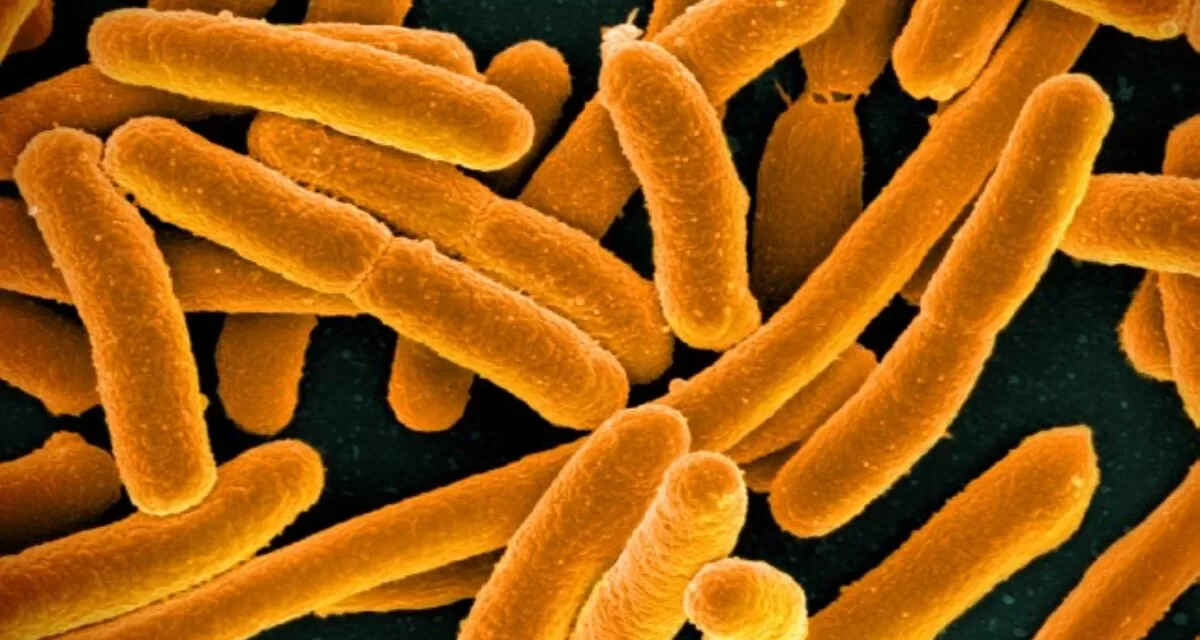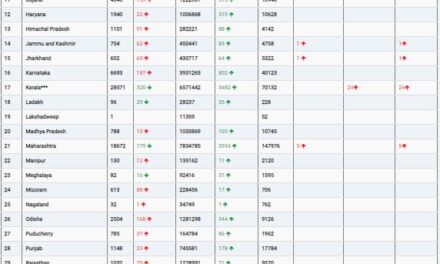A groundbreaking study led by scientists from Nanyang Technological University, Singapore (NTU Singapore) has introduced an innovative solution to tackle the global plastic pollution crisis. The team has developed an artificial ‘worm gut’ that mimics the plastic-degrading capabilities of worms, offering promising prospects for a nature-inspired approach to mitigate plastic waste.
Drawing inspiration from the plastic-eating abilities of Zophobas atratus worms, commonly known as ‘superworms,’ researchers from NTU’s School of Civil and Environmental Engineering (CEE) and Singapore Centre for Environmental Life Sciences Engineering (SCELSE) have devised a novel method to accelerate plastic biodegradation. Unlike previous attempts relying on worm feeding, which proved impractical due to slow rates and logistical challenges, the new approach focuses on harnessing the power of microbes within the worm’s gut.
NTU Associate Professor Cao Bin, from the School of CEE and Principal Investigator at SCELSE, explained the innovative approach, stating, “Our method eliminates the need for large-scale worm breeding by isolating and boosting the useful microbes in the worm gut, creating an artificial ‘worm gut’ capable of efficiently breaking down plastics.”
Published in Environment International in January, the study marks a significant advancement aligned with NTU’s commitment to innovation and practical solutions under its NTU2025 strategic plan.
To develop the artificial worm gut, researchers fed superworms with different types of plastics commonly found in everyday items, such as food boxes and detergent bottles. After 30 days, the microbiomes from the worms’ guts were extracted and incubated in flasks containing synthetic nutrients and various types of plastics. Over six weeks, the microbiomes were allowed to grow, leading to a significant increase in plastic-degrading bacteria.
Dr. Liu Yinan, the study’s first author and Research Fellow at the School of CEE and SCELSE, highlighted the success of the method, stating, “Our study represents the first reported successful attempt to develop plastic-associated bacterial communities from gut microbiomes of plastic-fed worms. By exposing the gut microbiomes to specific conditions, we were able to boost the abundance of plastic-degrading bacteria in our artificial ‘worm gut,’ suggesting scalability and stability.”
Looking ahead, the researchers aim to delve deeper into understanding the molecular mechanisms behind plastic degradation by bacteria in the superworms’ gut. This knowledge will pave the way for engineering plastic-degrading bacterial communities, offering a promising avenue for efficient plastic waste management in the future. The study’s proof-of-concept sets the stage for further advancements in biotechnological approaches to combat plastic pollution, offering hope for a cleaner and more sustainable future.












